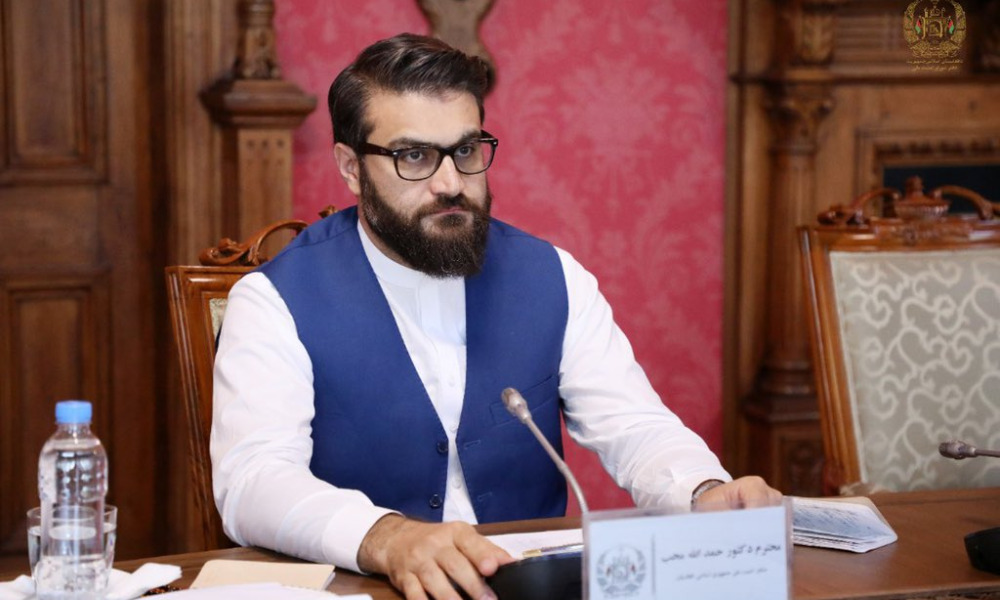Afghan NSA warns of possible influx of Taliban recruits from Pakistan

Afghan National Security Advisor (NSA) Hamdullah Mohib said Friday that as many as 15,000 militants could enter Afghanistan from Pakistan to fight the Afghan Security and Defense Forces (ANSDF).
Speaking in an interview with Sky News on Friday, Mohib stated that Pakistan has been a safe haven for the Taliban and that the group has been using Pakistani Madrasas, religious schools, to recruit fighters.
“The Taliban have had safe havens in Pakistan throughout this period they enjoyed their leaders living there at peace and in Pakistan; Their injured were treated in Pakistani hospitals, they had military and emotional support and financial support from elements within the Pakistani military establishment and it continues to be the case,” Mohib stated.
“Every year the Taliban were defeated in Afghanistan but they had an opportunity to recuperate to re-recruit people from Madrasas in Pakistan and bring them back the next year.”
“This year, we estimate that ten thousand fighters have come in from Pakistani madrasas to fight in Afghanistan this fighting season and their intelligence shows that they could be as many as 15 000 more new recruits coming towards Afghanistan.
Referring to the fall of districts to the Taliban, Mohib stated that it was difficult for the Afghan forces to supply remote outposts and districts.
“Indeed, the vacuum created by the withdrawal of foreign air power made it very difficult for us to supply some of those remote outposts and districts by air so it had a cascading effect but none of the territories the Taliban has taken is permanent the Afghan people themselves are rising against the Taliban in their own villages and districts,” he said,
“So much of this progress that the Taliban are celebrating is very temporary,” Mohib noted.
Meanwhile, the negotiation teams of the Afghan government and the Taliban last week agreed to continue the stalled talks in Doha, Qatar.
Mohib, however, reiterated that the Taliban has no intention of bringing peace to Afghanistan.
“We haven’t yet seen the Taliban negotiate in earnest; they’re sticking to a very rigid point and want to use the negotiating as a point to further their military agenda and lobby for their military purposes. So far there hasn’t been any movement from the Taliban that could be classified as genuine efforts for peace,” Mohib said.
Mohib added that the Taliban, so far, has not broken ties with the “terrorist groups”, a claim that has been constantly rejected by the group.
“It would be impossible for them to separate themselves from these groups…while their management may be different their management structures they all rely on those very basic fundamental, fundamentalistic ideologies that give them the base of operations and they cooperate very closely as an example the Islamic Movement of Uzbekistan (IMU) is an affiliate of the Taliban but it has pledged allegiance to Daesh yet they collaborate very closely so it’s a collaboration of these three groups in destabilizing Afghanistan and creating a ground for uh terrorism to flourish.”
“We cannot really separate them and put them in separate categories and for the Taliban to say that they have severed ties with any group has been proven wrong by the Afghan government several times by arresting Al-Qaeda members and operating against Al-Qaeda elements in Taliban controlled areas,” Mohib said.
